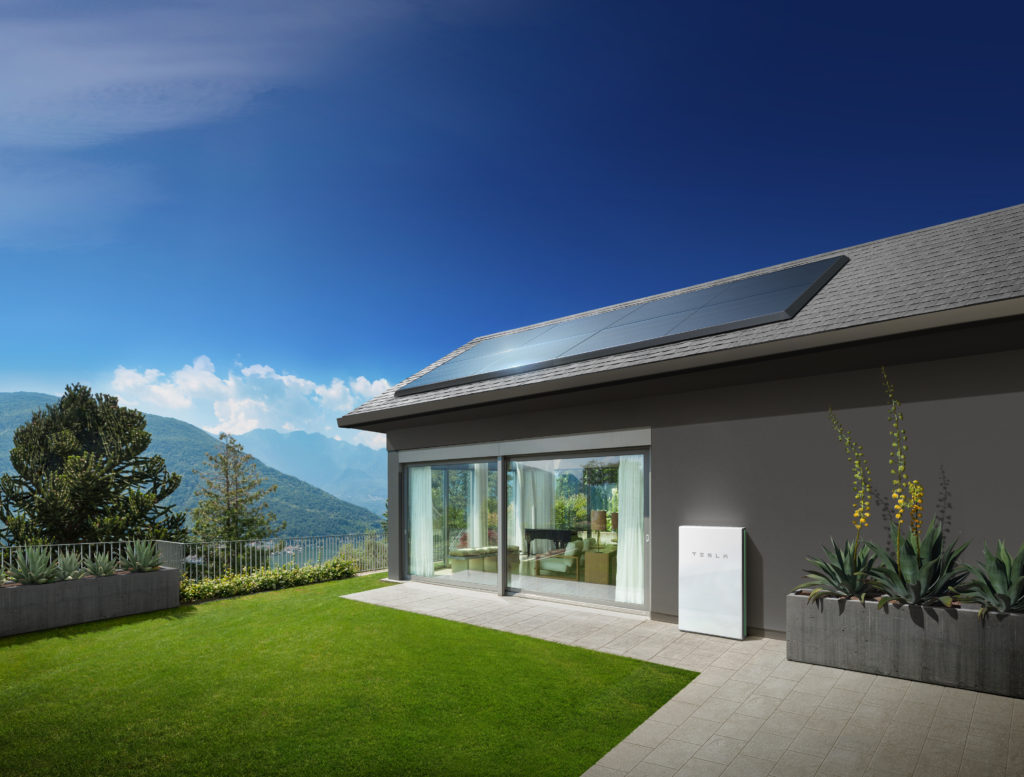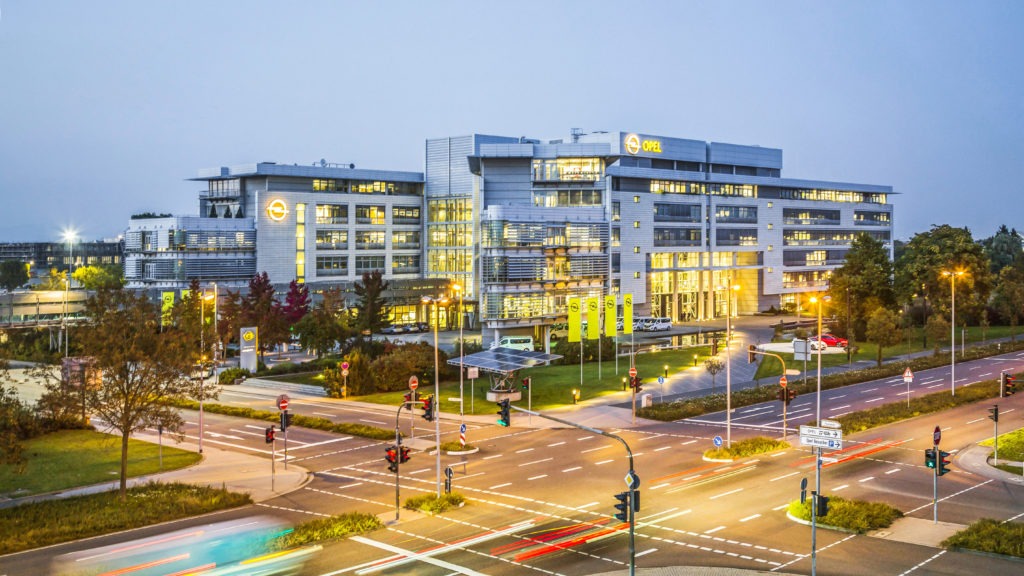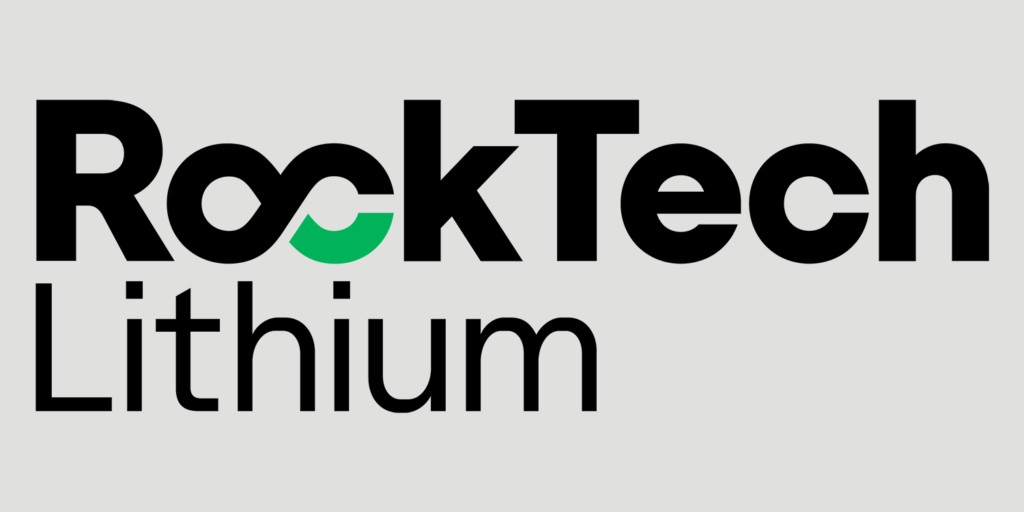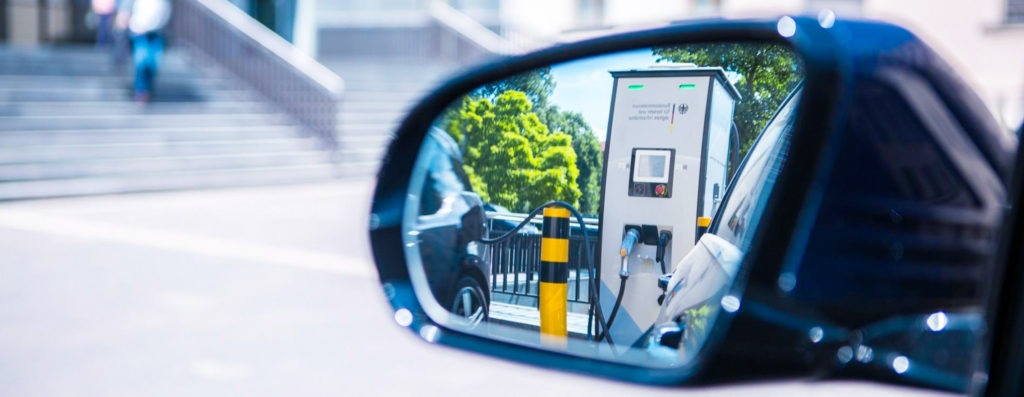German parties want to invest in mobility post-election
21 October 2021

Following the German election in September, the three parties now looking to form the next coalition government have published the results of their exploratory talks, outlining plans for the country. This includes the automotive industry, which supports more than 800,000 jobs and is a huge contributor to Germany’s gross domestic product growth.
The parties all hold varying views on carbon taxes, net-zero CO2 emissions, and when to ban the sale of internal-combustion engines (ICE). Even VW CEO Herbert Diess weighed into the conversation last month, calling for an ambitious climate policy, which he wants the future government to take note of.
While no decisions have been made yet, the party leaders laid out their proposals, saying they want to ensure necessary investments will be made where ‘the need to catch up is the greatest’. This covers the broad theme surrounding mobility.
Decarbonisation, a hot topic for carmakers striving for carbon-neutrality, was on top of the agenda. The parties vowed to launch an immediate climate protection programme, demanding meaningful contributions from every industry, particularly the transport, energy, and construction sectors.
E-fuels, electromobility, infrastructure
The parties clearly support the EU’s Fit for 55 package – a set of proposals that aims to cut emissions by at least 55% by the end of the decade.
‘According to the proposals of the EU Commission, this would mean in the transport sector that only CO2-neutral vehicles will be permitted in Europe in 2035 – this will have an earlier effect in Germany. Outside of the existing system of fleet-limit values, we are committed to ensuring that it is verifiable that vehicles that can only be refuelled with e-fuels can be re-registered,’ the parties said.
‘We want to make Germany the leading market for electromobility and to do so massively accelerate the expansion of the charging-station infrastructure. There will be no general speed limit [on the motorway]. As part of climate-friendly mobility, we will support the development of intelligent system solutions for individual transport and public transport.’
Open questions
The German automobile club ADAC has clear expectations from the parties that are hoping to form a government, but have yet to come to a coalition agreement. While it said achieving climate protection goals were vital, the association called on the leaders not to ‘overburden the population or disproportionately restrict mobility.’
The ADAC commented that the results of the exploratory talks left several questions open, in particular the development of CO2 prices. VW CEO Diess, for instance, supports a potential CO2 price increase as this would promote the switch to climate-friendlier renewable energies.
But ADAC transport president Gerhard Hillebrand holds a more critical view. Why? Because there have been concerns that regulations surrounding electromobility could cause a rift, with not everyone being able to afford an electrically-chargeable vehicle (EV) in the future.
‘Mobility and climate protection must not be a contradiction in terms. Nobody should be excluded from the possibility of being mobile because of rising costs. In light of the current increase in fuel prices, I assume that an even faster increase in CO2 prices is off the table,’ said Hillebrand.
He warned that many consumers lack alternatives to fossil-fuelled cars, especially those living in rural areas. The ADAC welcomed the parties’ intention to ramp up electromobility, but also emphasised that at least 30 million existing passenger cars with diesel or petrol engines would still be found on German roads in 2030.
Hillebrand made clear demands. ‘In the coalition agreement, increasing minimum quotas for eFuels and advanced biofuels for road traffic must be recorded in the Greenhouse Gas Reduction Act. Fuels produced in a climate-neutral way are to be exempted from energy taxation. The production of regenerative energy in Germany must be accelerated and an import strategy for climate-neutral fuels must also be defined for car traffic,’ he said.
A collation agreement is not expected for weeks, and the German automotive industry will follow developments closely as it races against time to meet national and EU emissions targets. But industry leaders will welcome the key message sent out by the parties: that the country’s automotive sector should hold its space as world leader and be technologically open to how emissions reductions can be met.



